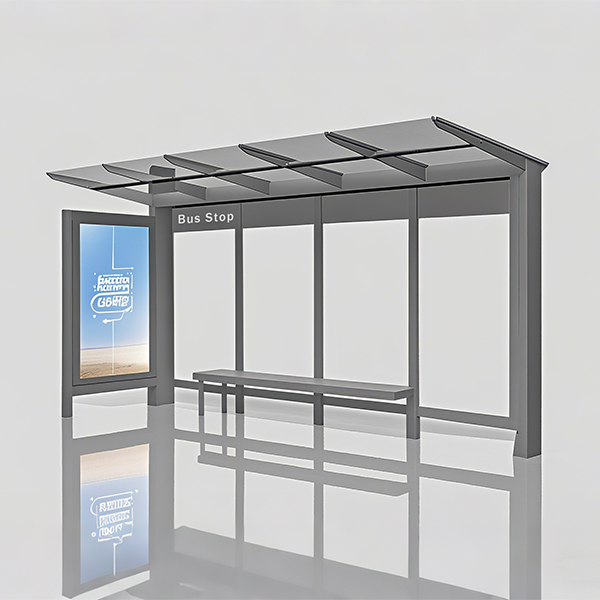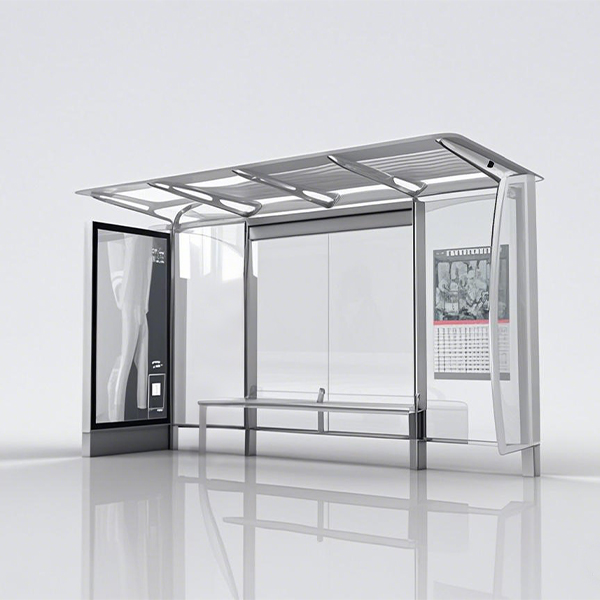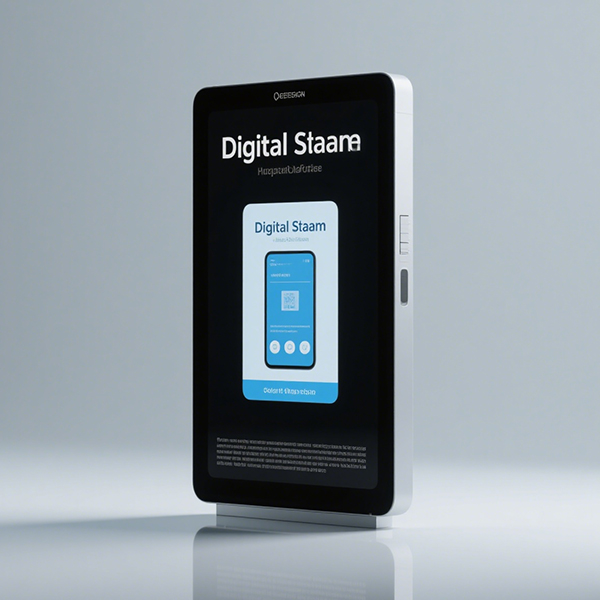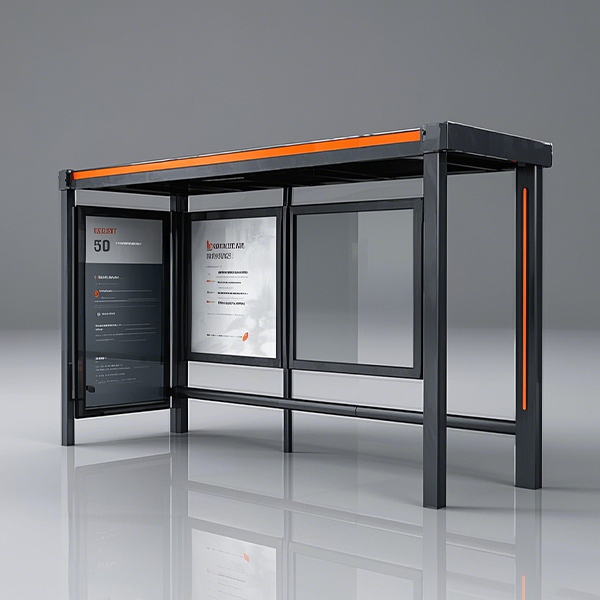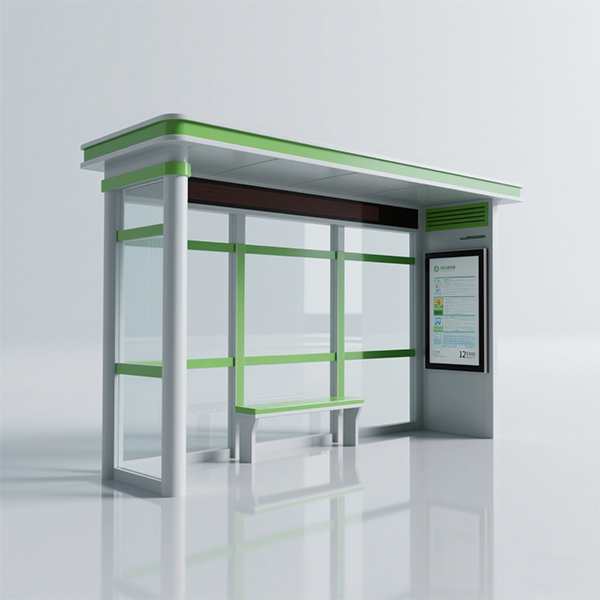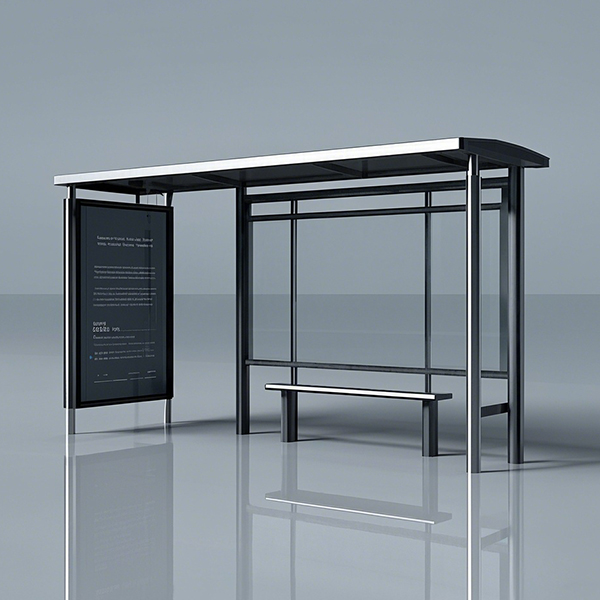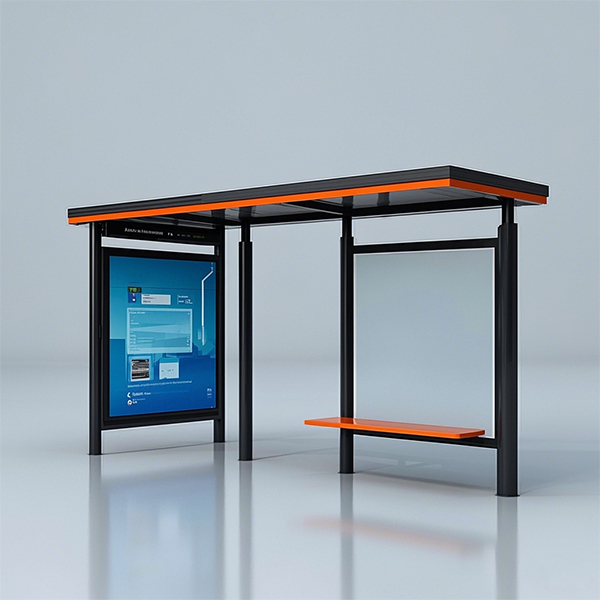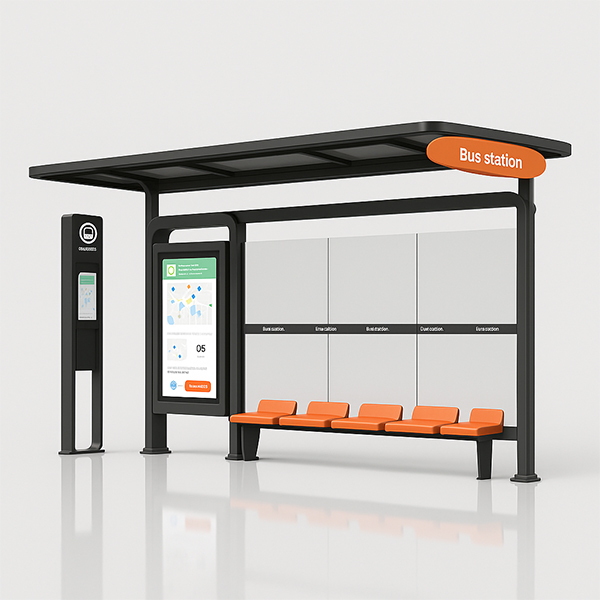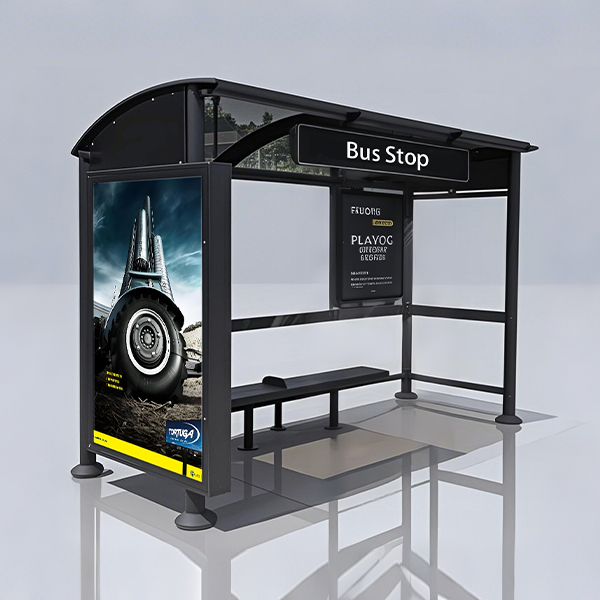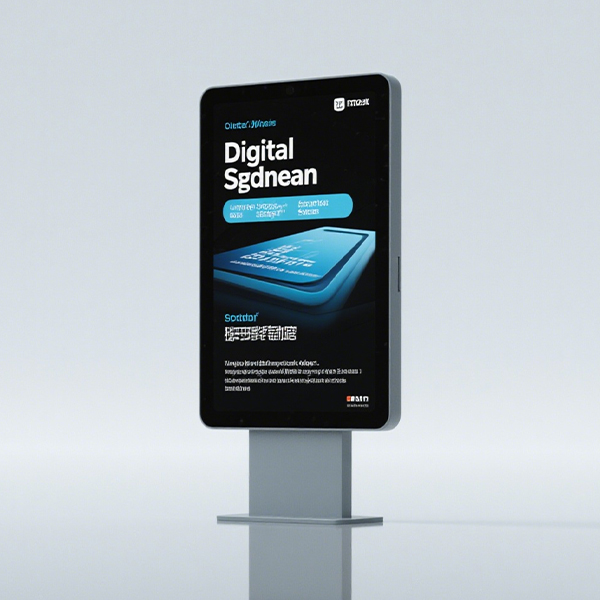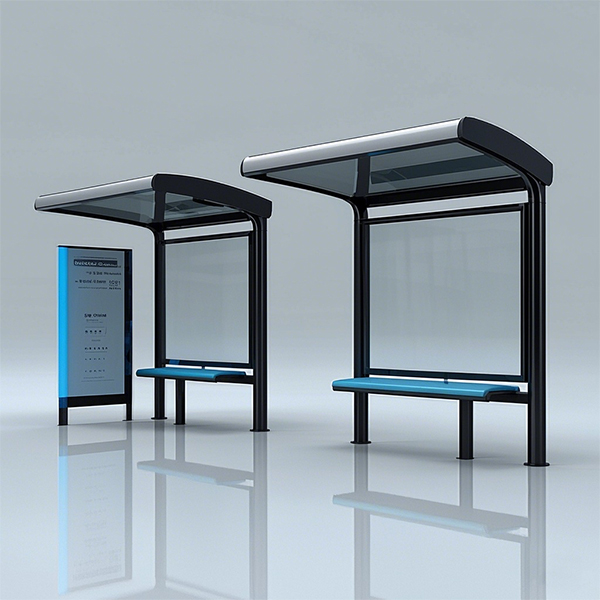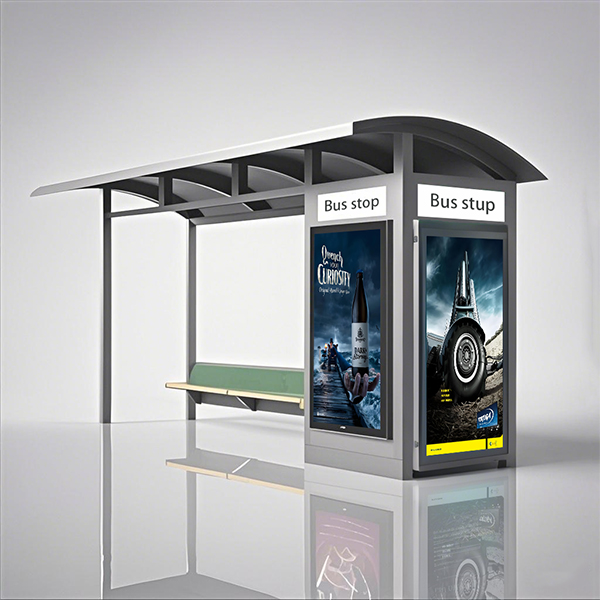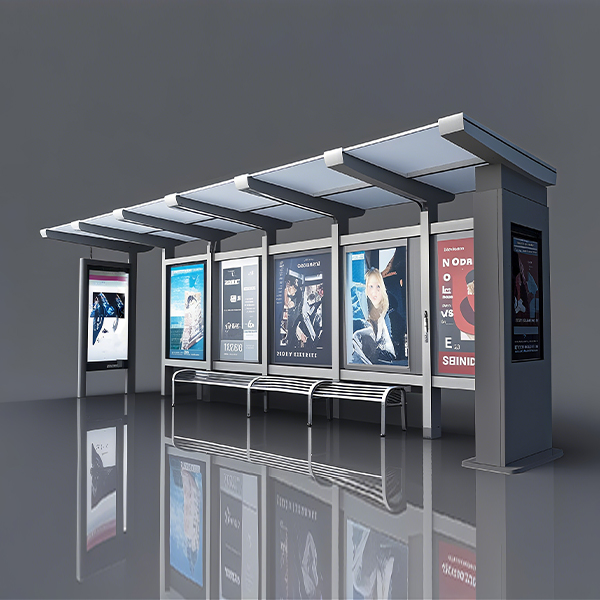
commercial digital signage
This comprehensive guide explores the power of commercial digital signage, detailing its benefits, applications, and how to choose the right system for your business needs. We'll cover everything from selecting the appropriate hardware and software to crafting compelling content and measuring the impact of your digital signage displays. Learn how to leverage this dynamic technology to enhance customer engagement, streamline communications, and boost your bottom line.
Understanding the Power of Commercial Digital Signage
What is Commercial Digital Signage?
Commercial digital signage refers to the use of electronic displays to communicate information, advertise products, or enhance the customer experience in commercial settings. Unlike static signage, digital signage offers dynamic content, allowing businesses to update messages, showcase promotions, and provide real-time information easily. This flexibility provides a significant advantage over traditional print-based signage.
Benefits of Implementing Digital Signage
The advantages of commercial digital signage are numerous. Businesses can:
- Increase brand awareness and improve customer engagement.
- Enhance internal communications and employee training.
- Display targeted advertising and promotions.
- Provide real-time information, such as wait times or menu updates.
- Improve operational efficiency through automated scheduling and content management.
- Gather valuable data on customer interactions via analytics tools integrated with the commercial digital signage system.
Choosing the Right Digital Signage System
Hardware Considerations
Selecting the right hardware is crucial. Factors to consider include display size, resolution, brightness, location (indoor vs. outdoor), and durability. Different display technologies, such as LCD, LED, and OLED, each have their own strengths and weaknesses. Consider the specific needs of your environment when making your selection. For example, high-brightness displays are necessary for outdoor applications.
Software and Content Management
Effective content management is essential for the success of any commercial digital signage deployment. Choose software that allows for easy content creation, scheduling, and remote management. Many systems offer templates and drag-and-drop interfaces to simplify the process. Look for features like integrated analytics, allowing you to track the effectiveness of your campaigns.
Content Creation Strategies
Compelling content is key to maximizing the impact of your digital signage. Consider using high-quality images, videos, and animations to capture attention. Keep your messaging concise and easy to understand, tailoring content to the specific audience and location. Regular updates are crucial to maintain engagement. Using a mix of static and dynamic content will keep viewers engaged and avoid monotony. Many platforms offer pre-designed templates and assets to streamline content creation.
Examples of Commercial Digital Signage Applications
Retail Environments
Retailers use commercial digital signage to showcase product promotions, highlight new arrivals, and improve customer experience. Digital menu boards in restaurants and cafes are a prime example, offering up-to-date menu options and daily specials.
Corporate Offices
In corporate settings, commercial digital signage enhances internal communications by displaying announcements, company news, and employee recognition. Digital wayfinding systems can also aid navigation within large office complexes.
Healthcare Facilities
Hospitals and clinics leverage commercial digital signage to improve patient experience by providing information on wait times, appointment reminders, and health tips. These systems also improve internal communication among medical staff.
Measuring the ROI of Your Digital Signage Investment
Measuring the return on investment (ROI) of your commercial digital signage requires tracking key metrics. These include customer engagement (dwell time, interactions), sales uplift from promotions displayed, and improvements in operational efficiency. Many modern commercial digital signage software platforms include integrated analytics dashboards that provide detailed reporting on these metrics. By regularly monitoring these key performance indicators (KPIs), you can continuously optimize your digital signage strategy to maximize its effectiveness.
Conclusion
Commercial digital signage is a powerful tool for enhancing business operations and boosting the bottom line. By carefully considering hardware, software, and content strategy, businesses can leverage the full potential of this versatile technology. Remember to track key metrics to measure the success of your implementation and make data-driven adjustments to maximize your ROI. For more information on innovative digital signage solutions, visit Shandong Luyi Public Facilities Co., Ltd. They offer cutting-edge solutions to help you transform your business communications.
Соответствующая продукция
Соответствующая продукция







